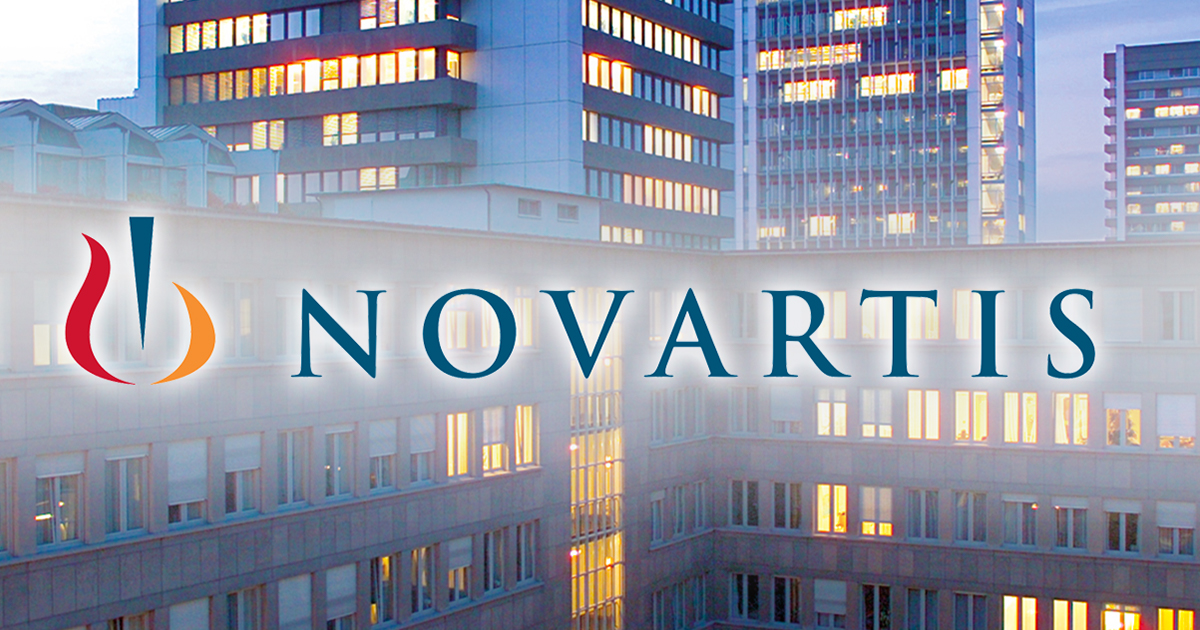Novartis’ Guerard Shares Plans for Brolucizumab, Lucentis, Gene Therapy, and FocalView App

Coming off the positive feedback at the American Society of Retina Specialists meeting to trial results of the investigative anti-VEGF agent brolucizumab, Frederic Guerard, Novartis’ franchise head of ophthalmology, provides insight into his team’s strategy for bringing brolucizumab to market while keeping its global commitment to Lucentis, for which Novartis holds ex-US licensing rights, as well as developing its gene therapy program, and using digital technology to streamline clinical trials.
Brolucizumab on Track
At ASRS, several reports of the HAWK and HARRIER trials validated the efficacy of dosing every 12 weeks with brolucizumab for treatment of neovascular age-related macular degeneration (nAMD). That compares to eight-week dosing for Eylea (aflibercept, Regeneron), and four-week dosing for ranibizumab (Lucentis, Roche/Genentech) (although the Food and Drug Administration just granted approval for dosing of Eylea for treatment of nAMD every 12 weeks after a year of effective treatment, and Lucentis has been approved for as-needed or 12-week dosing in nAMD after four monthly loading doses since 2013).
“As you could have felt at ASRS, we are very excited by brolucizumab because we think it really brings innovation in a space where, despite good options now available to patients, there is still an unmet medical need,” Guerard tells OIS Weekly. The fact that 60% of patients do not continue with anti-VEGF treatment after one year illustrates that unmet need Novartis aims to address with brolucizumab, he says. The company is still on track to file its Biologic License Application with the Food and Drug Administration in the fourth quarter this year, Guerard states, which means approval by the end of 2019.
Meanwhile, Novartis is gearing up for a trial of brolucizumab in diabetic macular edema (DME) “starting soon,” Guerard adds, and is planning for a program in retinal vein occlusion, too.
But that raises the question about how Novartis will market brolucizumab alongside Lucentis, for which it holds the ex-US license. “Outside of the US in most of our country organizations, Lucentis is actually still the number one medicine for us,” he says. “We have these commitments to Genentech and those commitments are not going to change.”
Building Its Gene Therapy Stake
In gene therapy, this year the company entered into an agreement with Spark Therapeutics to license Luxturna (voretigene neparvovec) outside the US, then acquired gene therapy developer AveXis for $8.7 billion.
Novartis finds Luxturna intriguing because it targets one of the dominant gene mutations in retinitis pigmentosa (RP; Guerard says 220 different mutations can cause RP), and because Novartis is developing a treatment for a less prevalent RP mutation, RLPP1. The firm is seeking approval of Luxturna in Europe “and we are committed to submit in the rest of the world,” Guerard says.
“It was not a commercial motivation for us to go into that partnership,” Guerard notes of the Spark collaboration. “It was really motivation to complement our very large portfolio of medicines in ophthalmology and learn something about pricing and access and even registration to basically develop an expertise in that space.”
Streamlining Data Gathering
Novartis’ launch in April of its FocalView app dovetails into those development programs. The app aims to allow researchers in clinical trials to track disease progression by collecting real-time, self-reported data directly from consenting patients from their own homes. “The endpoints we capture in the large randomized clinical studies are one thing, but getting constant patient-reported outcomes is something else, and we think we can learn a lot about the efficacy and safety of our products and design clinical trials in a different way,” Guerard says.
He doesn’t expect the spinoff of Alcon to disrupt any of these plans. Alcon’s ophthalmic drug portfolio has already been shifted to the parent company’s ophthalmology franchise under Guerard. “Ophthalmology is the largest franchise of Novartis Pharma and is very important to us because of the quality of the pipelines we have built,” Guerard says, “so we are here to stay in pharmaceutical ophthalmology.”
For questions about this article, contact Richard Mark Kirkner at Rich@healthegy.com.
